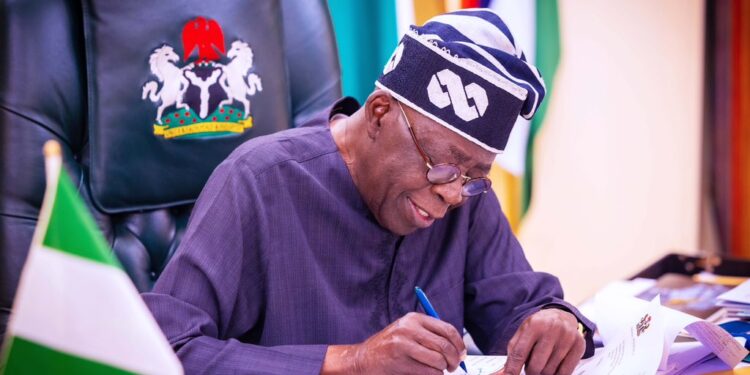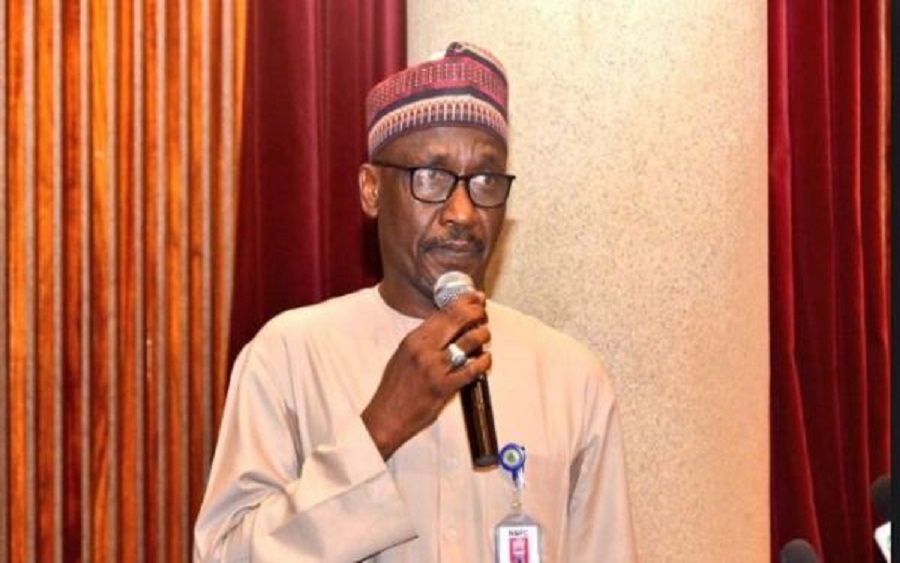Nigeria has signed a $500 million worth of gas export deal with Germany.
This is according to a statement released via Twitter by Dr Doris Uzoka-Anite, the Minister for Industry, Trade and Investment on Tuesday, November 21.
According to the statement, a memorandum of understanding (MoU)was signed between the country and German companies on gas exports and renewable energy.

The statement read:
- “The burgeoning economic partnership between the Federal Republic of Nigeria and the Federal Republic of Germany witnessed further expansion and strengthening as two important agreements were signed between Nigerian and German businesses on Tuesday.
- The President witnessed the signing of two Memoranda of Understanding (MoU): one on the supply of gas from Nigeria to Germany and another for $500 million worth of renewable energy projects in Nigeria.
- “The signing of MoUs was between Riverside LNG of Nigeria and Johannes Schuetze Energy Import AG of Germany on the gas export partnership, while the other signed pact brought together Union Bank of Nigeria and DWS Group on cooperation in renewable energy.
- President Tinubu said: ”The arbitrage regime is gone forever. Now, you can bring your money in and out as you wish. If you encounter any problems, rest assured that I have built one of the most reliable teams Nigeria has seen to address them.
- “I appeal to you to forget the past and focus on building a relationship that removes obstacles, fostering progress and prosperity in Nigerian-German relations. ”You can rely on us; we can rely on you; both of us can chorus Hallelujah at the same time,” the President concluded.

More Insights
During a meeting at the G20 Compact with Africa Investment Summit in Berlin, Germany, President Bola Tinubu and German Federal Chancellor Olaf Scholz came together to discuss Nigeria’s aspirations for German investment. Specifically, Tinubu expressed a strong interest in collaborating with German companies like Siemens AG to revamp Nigeria’s power and rail sectors.
Tinubu emphasized to Scholz that his administration was enthusiastic about forging partnerships with German firms, especially Siemens AG, to bring about significant changes in Nigeria’s power sector. In response, Scholz acknowledged the existing challenges both administrative and financial within Nigeria’s power sector that urgently need attention.
Scholz highlighted the substantial electricity production in Nigeria but pointed out the critical issue of inadequate distribution to the population. He stressed the necessity of establishing stations and improving infrastructure on the grid to address this discrepancy. Additionally, Scholz mentioned Siemens’ readiness with a plan to enhance implementation but underlined the importance of follow-up actions by the new Nigerian government to advance these commitments.
















